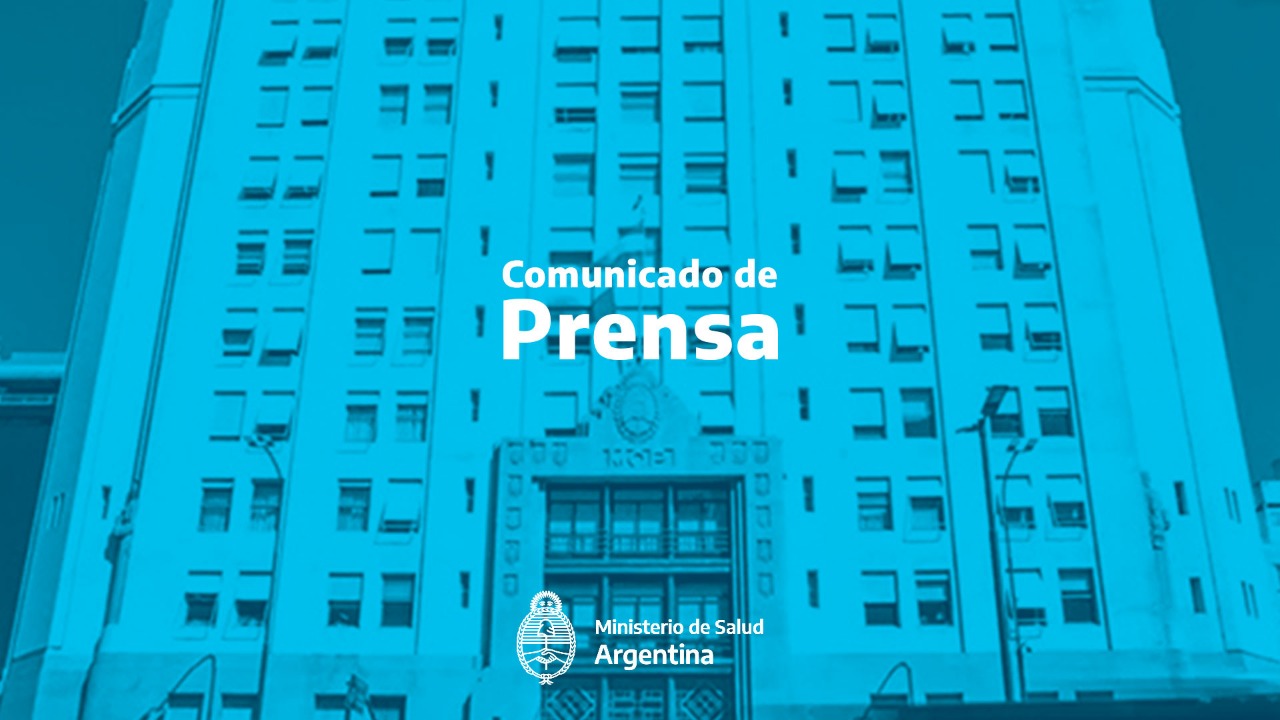The National Administration of Medicines, Food and Medical Technology (ANMAT) authorized the use of the dengue vaccine developed by Japanese laboratory Takeda for everyone over the age of 4, regardless of whether they previously had the disease or not.
Called TAK-003, the vaccine is based on the dengue virus 2, to which DNA from three other serotypes is added to protect against one of the four types of dengue fever. The form of administration consists of two doses that must be applied three months apart.
TAK-003, also known as Qdenga, received its first approval in August 2022 in Indonesia and then in the European Union in December 2022. It was followed by the UK in January 2023 and was also recently approved by Brazil’s National Health Surveillance Agency (ANVISA). Its use is intended for endemic areas. After being approved by ANMAT, the Japanese laboratory will establish a protocol to start the production process for batch shipment to our country. When this happens, once this cycle is complete and always adhering to quality and traceability standards, Argentina will be in a position to accept these consignments for further commercialization on the national territory.
Meanwhile, the authorities from the National Ministry of Health are holding meetings with specialists and experts to analyze the various vaccines approved for dengue fever, or in the process of being approved, as well as to study possible recommendations for the application of vaccines against this disease. . The meeting was attended by representatives of the Takeda laboratory, as well as Brazil’s Butantan Institute and the Sanofi-Pasteur laboratory, who presented updates to their phase III study of their dengue vaccine.
Expert groups and health authorities assess, based on the data presented, there is no vaccine that functions as a blocker against dengue outbreaks like what is happening in our country today. In this regard, they agree that the best prevention strategy remains community participation in relation to controlling and eradicating mosquito nests, as well as strengthening communication of preventive measures to prevent mosquito bites and vector isolation work. method (repellent, spiral, mosquito net, etc.).
Similarly, they consider that the greatest burden of disease, meaning burden on the health system, is associated with mild or moderate illnesses that do not require hospitalization. For its part, death and severe form rates are low, so pooling vaccines could be considered to lower the burden of disease and avoid overwhelming the health system.
Finally, those present agreed that, in vector-borne diseases, vaccination is not and should not be the only prevention strategy, even if effective, safe and inexpensive vaccines may be available. In this sense, it should also be noted that the same Aedes aegypti vector is capable of transmitting other viruses such as Zika and Chikungunya, diseases for which there is no vaccine yet.
Therefore, it is necessary to continue to strengthen the integrated management strategy implemented in Latin America by the Pan American Health Organization (EGI-Dengue) which deals with epidemiological surveillance, promotion of environmental policies for dengue control, integrated management of vector control, patient care, establishment of laboratory networks. virology, and social communication for behavior change.
Until the 15th epidemiological week of 2023, i.e. until April 15th, 56,324 cases of dengue were reported in the country, of which 51,637 caught the infection in Argentina. Currently, this virus has been identified in 15 jurisdictions corresponding to four regions: Central Region (Buenos Aires; Autonomous City of Buenos Aires; Córdoba; Entre Ríos; Santa Fe); the NEA region (Corrientes; Formosa; Chaco); NOA Region (Catamarca; Jujuy; La Rioja; Salta; Santiago del Estero; Tucumán) and the province of San Luis in the Cuyo region.
The cases registered to date show a broad territorial distribution with a higher number of cases in NOA and the Central region, especially circulation DEN-2 and, to a lesser extent, DEN-1. This is a notable difference with respect to other years in which DEN-1 has dominated.
The meeting, which was coordinated by Andrea Uboldi, former Minister of Health for the Province of Santa Fe, and Verónica Lucconi Grisolía of the Directorate for Control of Immunopreventable Diseases (DiCEI), included the participation of Angela Gentile, head of the Epidemiology department at Children’s Hospital Ricardo Gutiérrez; Tomás Orduna, member of the Argentine Society of Infectious Diseases (Sadi); Cristian Biscayart, of the Latin American Society of Travel Medicine (SLAMVI).
Teresa Strella, national director of Infectious Disease Control; Carlos Giovacchini, national director of Epidemiology; Florencia Bruggesser, Director of Immunopreventable Disease Control; Alejandra Morales, from the National Institute of Human Viral Diseases “Dr. Julio Maiztegui”; Daniel Salomón, from the National Institute of Tropical Medicine; Yael Provecho, director of Control of Vector-Transmitted Diseases; Susana Lloveras, from the Zoonoses Coordination; and Gabriela Elbert, Nathalia Katz, Rocio Barrios, María Jimena Aranda and María del Valle Juárez from the Directorate of Immunopreventable Disease Control.

“Entrepreneur. Internet fanatic. Certified zombie scholar. Friendly troublemaker. Bacon expert.”







